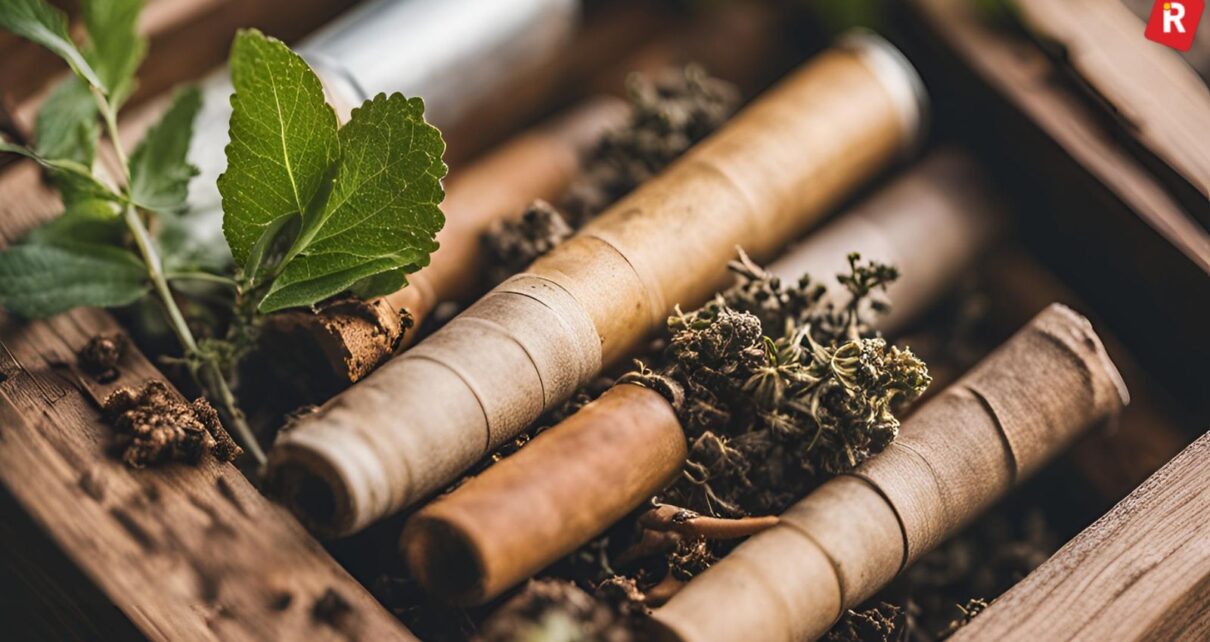For many Indigenous people in Canada, traditional tobacco has a profound cultural meaning. These people use it in rituals and prayers and to reach out to the divine Being and powers.
But its use goes beyond its traditional or ceremonial practice. It may have negative health impacts on Indigenous and non-Indigenous people.
Traditional vs. Commercial Use
People use traditional tobacco in different ways. It is not inhaled. Instead, it is applied sparingly during religious ceremonies.
Commercial tobacco products, on the other hand, are used socially and recreationally. This, in turn, causes addiction and health complications.
If you are buying Native cigarettes online, you should always focus on responsible buying. Responsible buying is all about being culturally sensitive and prioritizing health.
The Impact the Traditional Tobacco on Indigenous Health
Research shows that Aboriginal individuals in Canada have a higher risk of getting smoking-related diseases. This is compared to most residents of the country. Examples of these include lung cancer, heart disease and other respiratory conditions.
Because of that, it is necessary to minimize smoking rates by being culturally sensitive. For example, we need to ensure Indigenous representation in health programs and respect cultural uses of tobacco. This is a call to heal and pursue cultural traditions without harm.
Appreciating Indigenous health also requires understanding structural factors. These are poverty and lack of educational awareness. Overcoming these challenges doesn’t just open up possibilities for creating healthier communities. It also presents an opportunity to have a sustainable change.
Responsible Consumption: What Can You Do?
Consumer choices may promote health and Indigenous rights. Responsible consumption doesn’t just involve knowledge. It encompasses respect, too.
If you choose to use Indigenous tobacco products, know where they come from. Here’s how to use tobacco responsibly:
- Understand the importance of traditional tobacco
- Buy from brands that often support Indigenous causes and people.
- Don’t use these products for recreational purposes.
Collaboration & Education Matter
Indigenous people’s engagement doesn’t just promote health. It also helps to create awareness. This, in turn, helps to foster trust and ensures that the programs bring about positive change in their communities. One way to start educating people is to focus on the difference between ceremonial and recreational use of tobacco.
In addition, other individuals need to learn about traditional tobacco among the First Nations people of Canada. Increased awareness leads to understanding, hence decreasing prejudice. Education always fosters knowledge that enables people to choose healthier lifestyles while respecting Indigenous cultures.
In conclusion, we shouldn’t just support indigenous health with words. We need to take action, too. This will reinforce the extent to which a culturally sensitive and evidence-based focus can contribute to encouraging the responsible practice of using traditional tobacco.
Every one of us as Canadians has a part to play in this journey toward respect, health and reconciliation. This way, culture is preserved, and health is protected. Remember, responsible consumption is not just the individual decision of consumers. It is also a social responsibility of consumers.





